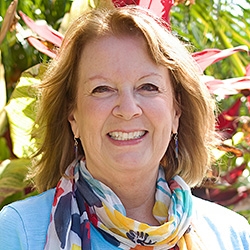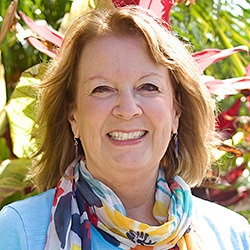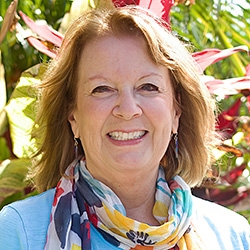

NVC Resources on Love
-
Trainer Tip: Censoring oneself to maintain peace may seem easier, but it actually requires significant energy. You can free up that energy you use to deny and stuff down your feelings, needs, desires, truth, and figure out and adjust to what others want. Embracing authenticity and expressing true feelings and needs can lead to a liberating experience, unlocking joy, love, and endless possibilities.
-
Develop resilience and stay present amidst challenge by tapping into the living energy of needs.
-
We can use anger as an important signal to let us know that we perceive a threat to a universal need or value, directing our attention to something so that we can take effective action, and avoid harmful thought patterns. For example, instead of dwelling on a "should," focus on addressing unmet needs through boundaries and effective communication.
-
Trainer Tip: Notice if something within your agency will bring you the serenity you want. If not, then notice the needs you are trying to meet by wanting to take that action. Then then choose another action that's more likely to have the desired effect.
-
Explore how social systems shape personal experience, and how nonviolence can support healing.
-
Awaken your soul force and live from compassion and clarity while grounded in human needs.
-
Yoram Mosenzon shares that the role of a mediator is often misconceived as solving conflicts, which can create stress and exacerbate the conflict. Instead, the true essence of mediation is about remaining untriggered, understanding the pain of the conflicting parties, and facilitating communication.
-
Learn quick self-empathy techniques to notice your sensations, feelings, and needs.
-
Developing interpersonal relationship skills in congregations is integral to working with the conflicts that arise. These skills can be applied to any spiritual community.
-
Discover seven key conversations that help intimate relationships thrive.

Quick Links
Subscription Preferences
Stay In Touch!
Looking for ways to keep up with NVC Academy news, get special offers, free resources, or words of inspiration? Here are five ways to stay engaged:










